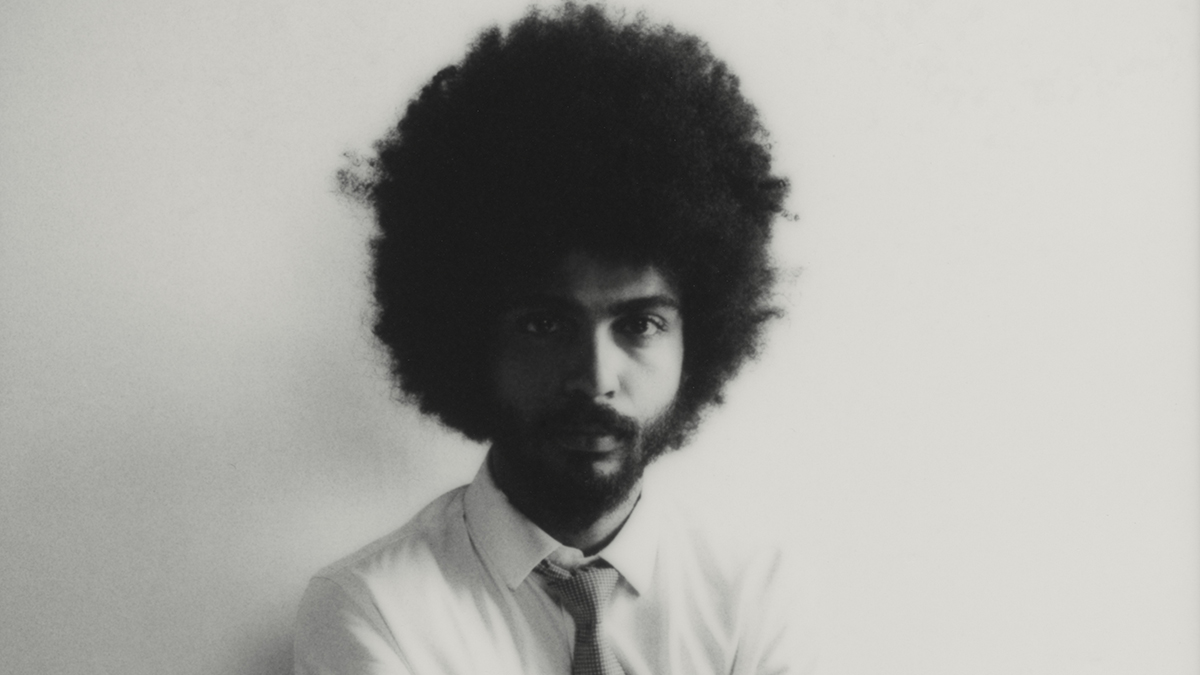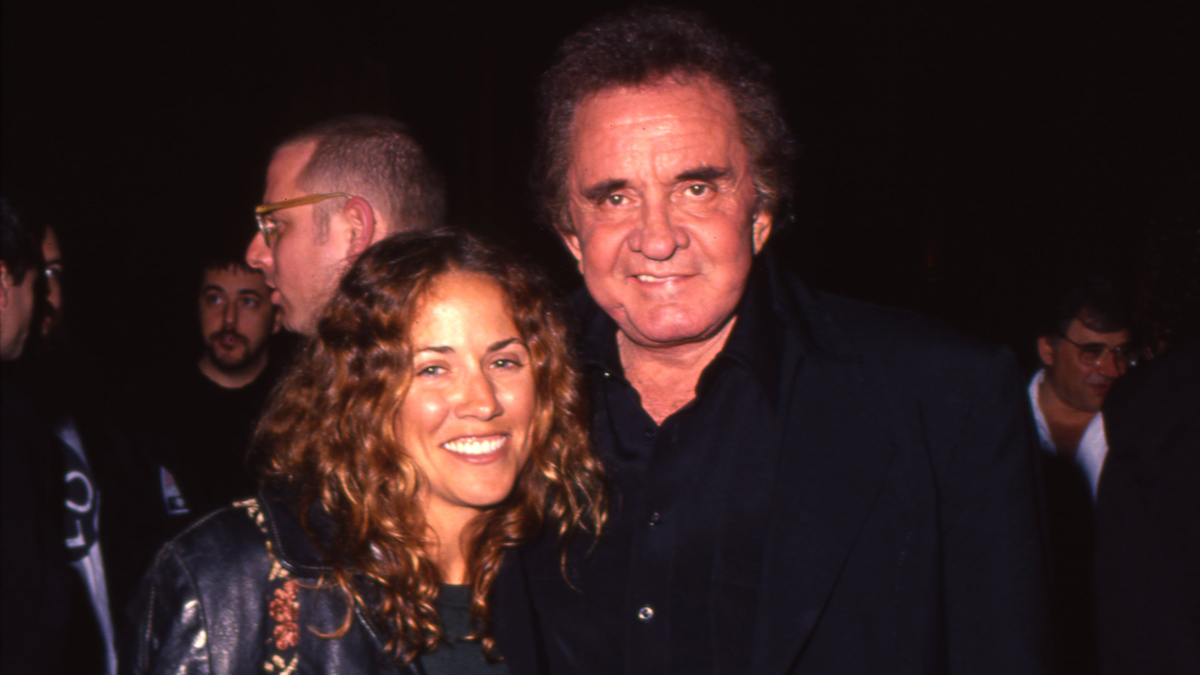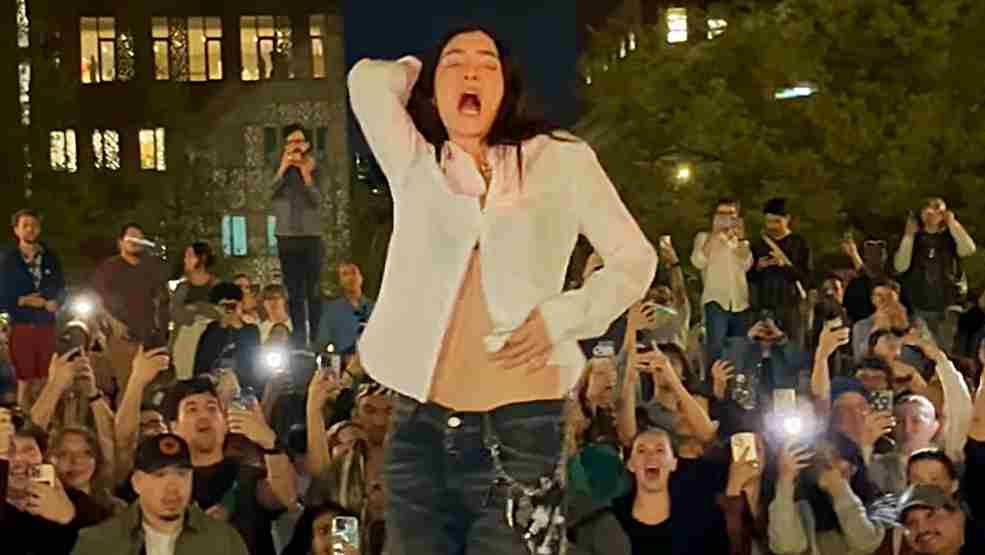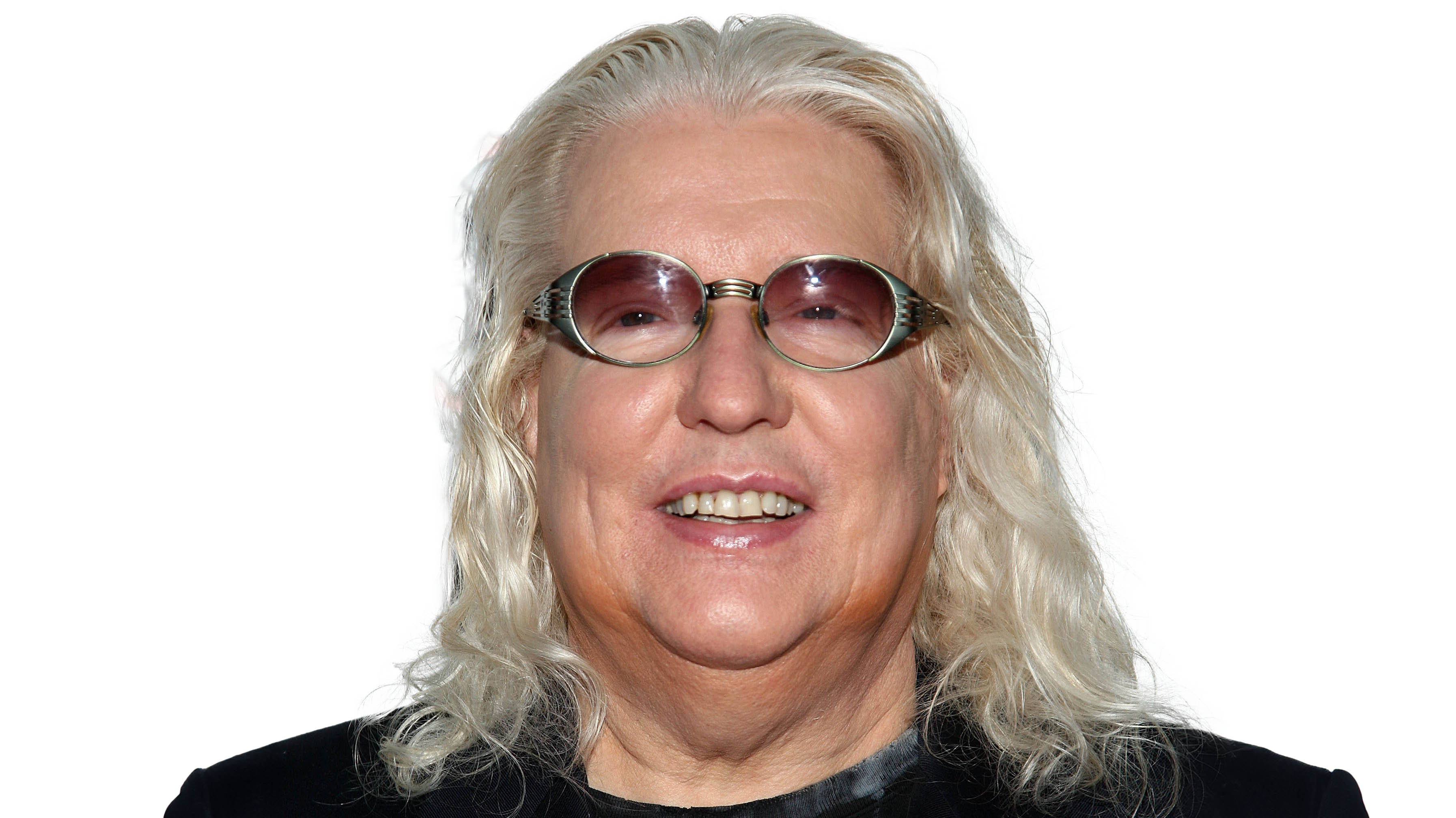Rod Stewart to “pleasure and titillate” Glastonbury 2025
He says he’ll be playing the prestigious Sunday afternoon ‘legends’ slot
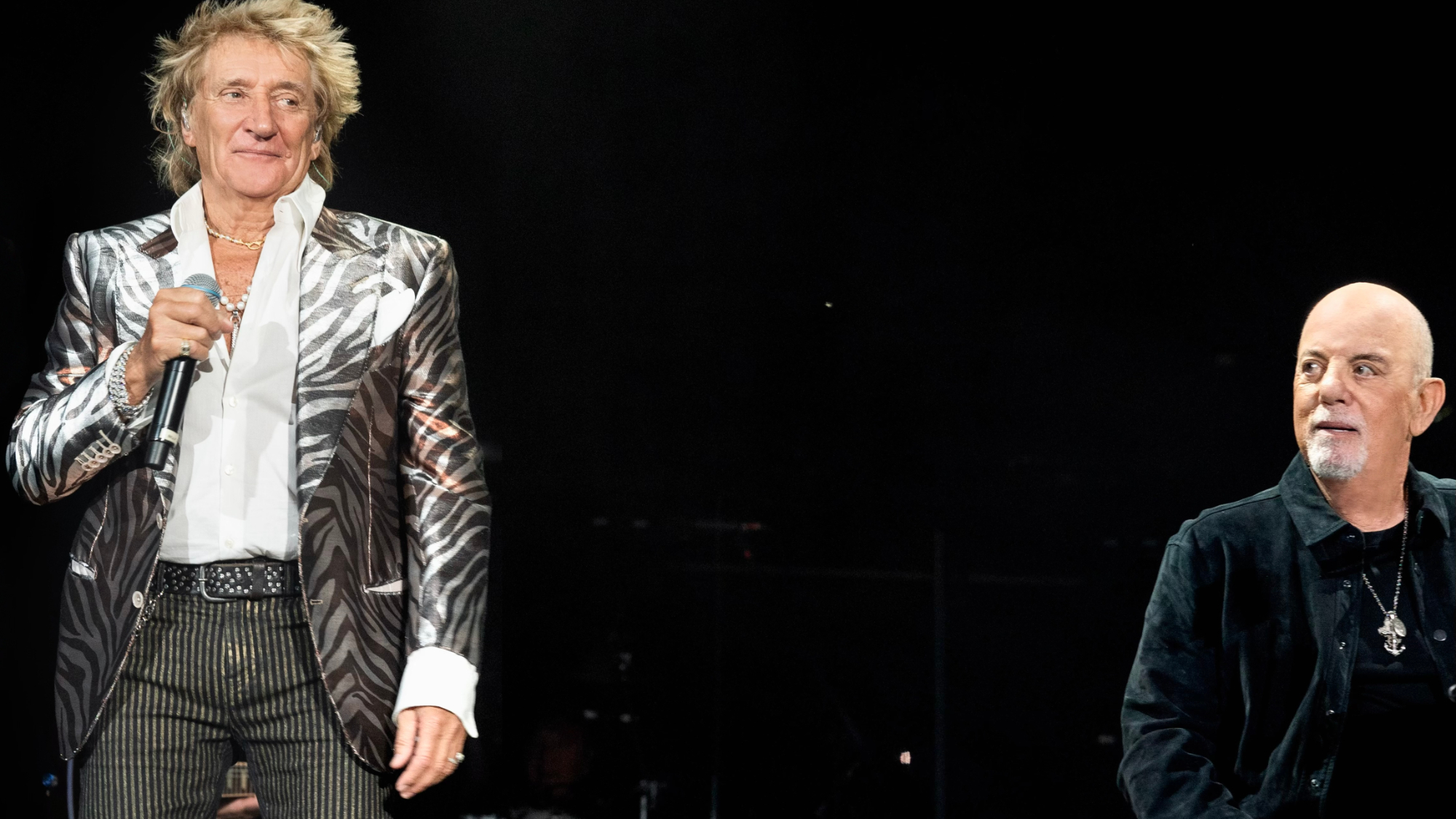
It’s been confirmed that Rod Stewart will star at Glastonbury next year, playing the Sunday afternoon ‘legends’ slot on the Pyramid Stage.
Stewart said he was “proud and ready” to play at the festival. It’ll be his first appearance at Glastonbury and he said adding that he was “more than able to pleasure and titillate” the crowd. Oo-er...
The ex-Faces singer turns 80 in January but he’ll be far from the oldest performer to have played the festival. Paul McCartney memorably headlined at 80 in 2022 and Burt Bacharach played the Pyramid Stage in 2015, aged 87.
Stewart announced last week that after next year’s jaunt round Europe and North America he’ll be retiring from “last scale tours”.
However, he insisted that it didn’t mean the end of his six-decade-long career: “But I have no desire to retire. I love what I do, and I do what I love. I’m fit, have a full head of hair, and can run 100 metres in 18 seconds at the jolly old age of 79.
"I’d like to move on to a great American songbook, (then a) Swing Fever tour the year after next – smaller venues and more intimacy. But then again, I may not.”
The ‘legends’ slot is now an integral part of the Glastonbury weekend. It first came about in 1992 when Michael Eavis booked Tom Jones on the Pyramid Stage. At the time many raised their eyebrows at a ‘counter-cultural’ festival booking such a mainstream act.
Get the MusicRadar Newsletter
Want all the hottest music and gear news, reviews, deals, features and more, direct to your inbox? Sign up here.
The idea was initially a bridge-building exercise with the local Pilton community – traditionally they were let in for free on the Sunday and Eavis calculated that if they saw an act they loved, they would be less likely to kick up a stink when the festival came to apply for its licence before Mendip council the following year.
Jones was so rapturously received that booking a beloved, ‘mature’ performer soon became a Glastonbury tradition. Johnny Cash followed in 1994 and a succession of music icons have since beaten a trail to Worthy Farm: Tony Bennett, Shirley Bassey, Lionel Richie, Barry Gibb, Diana Ross and Shania Twain to name but a handful.
Part of the festival’s immense success is down to its ability to absorb every genre of music and thus a process of cultural osmosis has quietly occurred. Since 1992 Glastonbury may have become more mainstream, but the mainstream has become a lot more Glastonbury
And so whilst Rod Stewart may not on first glance seem a very Glastonbury performer, you know already that the entire field belting out Da Ya Think I’m Sexy will be one of the moments of next year’s event.
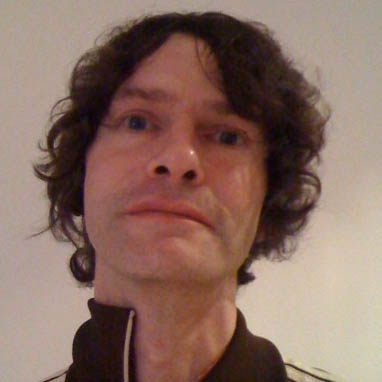
Will Simpson is a freelance music expert whose work has appeared in Classic Rock, Classic Pop, Guitarist and Total Guitar magazine. He is the author of 'Freedom Through Football: Inside Britain's Most Intrepid Sports Club' and his second book 'An American Cricket Odyssey' is due out in 2025
“It’s radical. It’s like magic. I get chills”: How Rick Rubin’s philosophy of chance led System of a Down to the first metal masterpiece of the 21st century
“I just treated it like I treat my 4-track… It sounds exactly like what I was used to getting with tape”: How Yves Jarvis recorded his whole album in Audacity, the free and open-source audio editor
![Johnny Cash (Glastonbury 1994) [03]. Ring of Fire - YouTube](https://img.youtube.com/vi/N1S0oFvl4Hc/maxresdefault.jpg)
![Rod Stewart - Da Ya Think I'm Sexy? (Official Video) [HD Remaster] - YouTube](https://img.youtube.com/vi/Hphwfq1wLJs/maxresdefault.jpg)
![Gretsch Limited Edition Paisley Penguin [left] and Honey Dipper Resonator: the Penguin dresses the famous singlecut in gold sparkle with a Paisley Pattern graphic, while the 99 per cent aluminium Honey Dipper makes a welcome return to the lineup.](https://cdn.mos.cms.futurecdn.net/BgZycMYFMAgTErT4DdsgbG.jpg)

